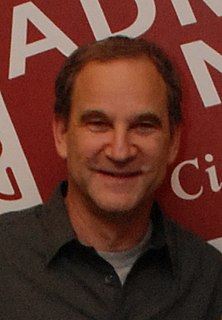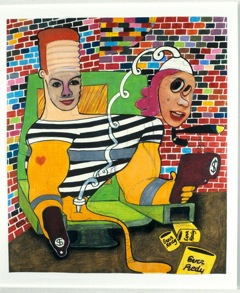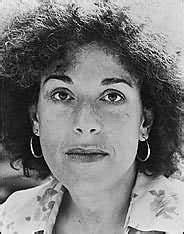A Quote by Marshall Herskovitz
After I graduated from Brandeis, I took all the money I had in the world, which was $5,000, and I made a short film. I made every mistake you could possibly make. It was a total disaster as a piece of work, and yet, you know, it was ambitious in some way.
Related Quotes
I was a screenwriting major in college, and really wanted to do that after I graduated, but there are no job listings for that, as we all know. I had many classmates that made it in the business, but stand-up comedy was my way in, and my first film 'Sleepwalk with Me' was based on those autobiographical experiences.
Even after I had just done Twilight, which made $400 million at the worldwide box office, I could not get financing for three or four projects that I really loved and I thought people would love because they didn't fit some studio or investor's model of thinking, "This will definitely make money." It's a business and a film does potentially cost millions of dollars, and they have to think that they're going to get their money back somehow.
A mistake I've made is I have not worried sufficiently about the art world, really. I have not concerned myself with the other people in the art world. I've been a little too singular, and that's a mistake I've made. But everybody makes a mistake of some kind, and if that's my only mistake, I'm happy.
I made a body of work, which was like trying to make movies on a wall and was made up of all different images and materials. I had the aspiration to make movies because I thought that was the cycle. I had this insane egomaniac idea that I could make movies because I made these gigantic art projects.
WE MADE A MONSTER OF HITLER, A DEVIL. THAT IS WHY (THEREFORE) WE COULD NOT AFTER THE WAR SAY OTHERWISE. WE HAD PERSONALLY MOBILISED THE MASSES NEVERTHELESS AGAINST THE DEVIL. THUS WE WERE FORCED AFTER THE WAR, TO PLAY ALONG WITH THIS DEVILS' SCENARIO. WE COULD NOT POSSIBLY HAVE MADE OUR PEOPLE CLEAR (TO THEM) THAT THE WAR WAS ONLY AN ECONOMIC PREVENTATIVE MEASURE!






































